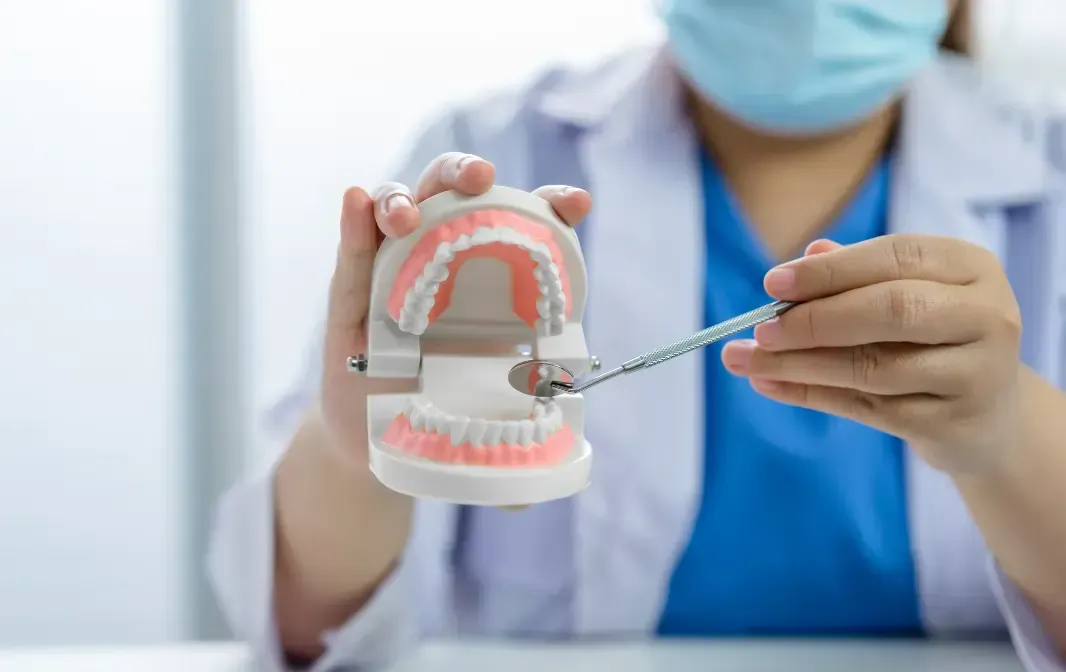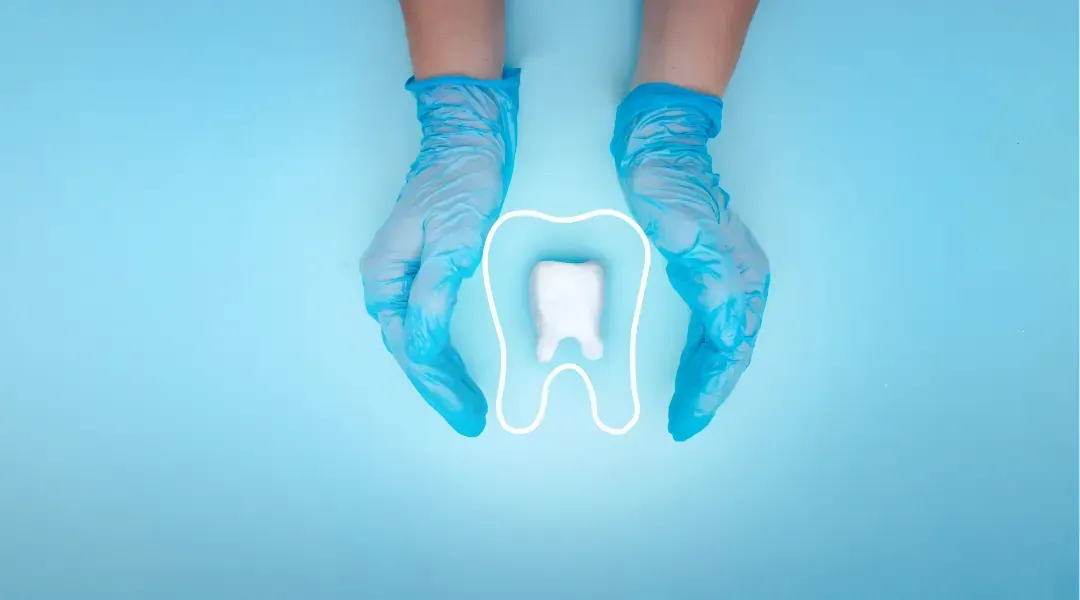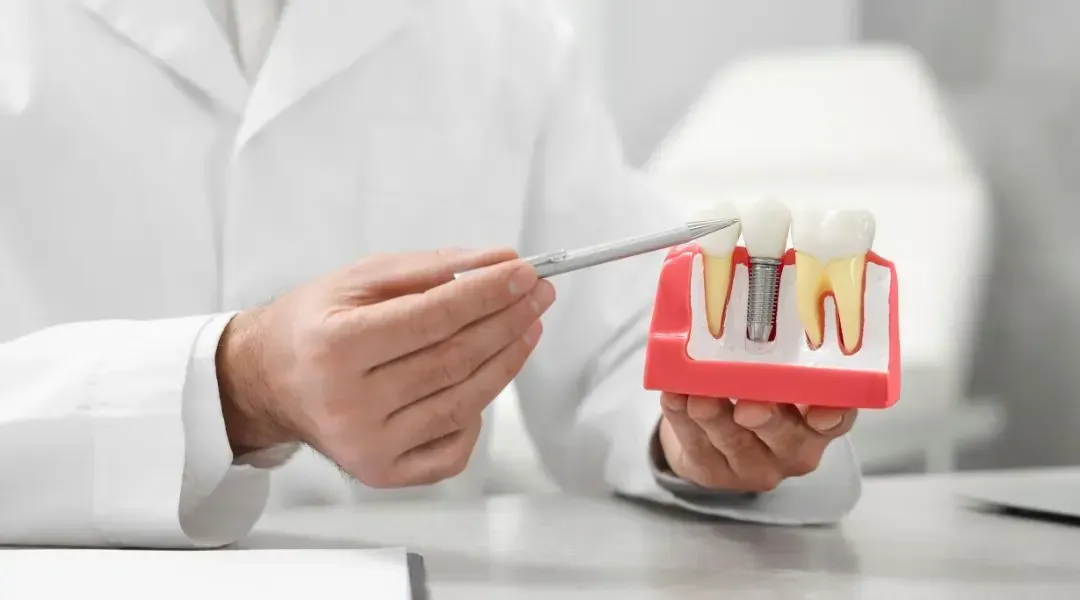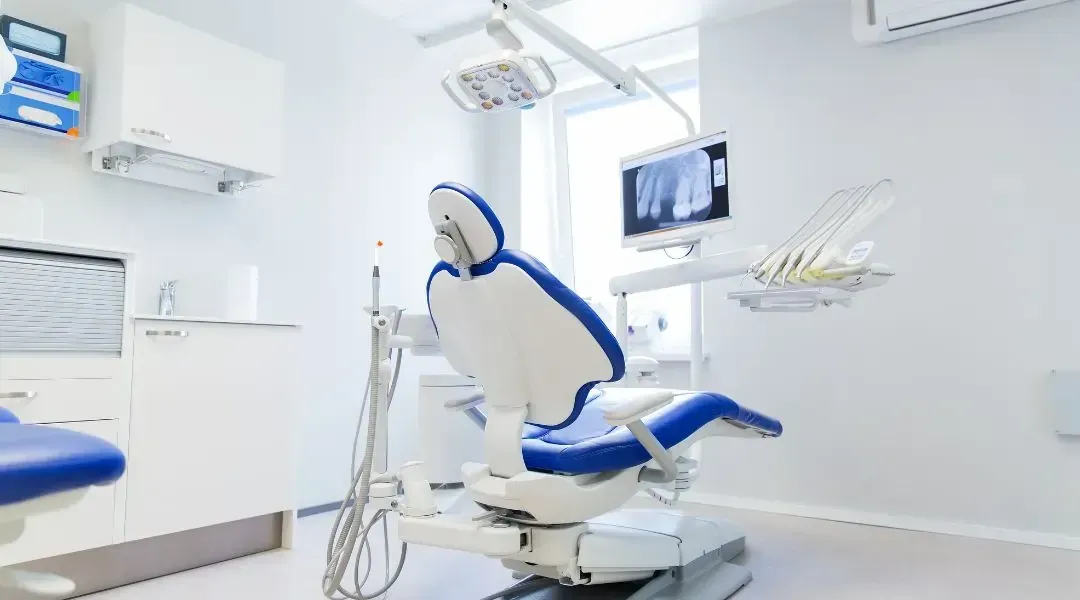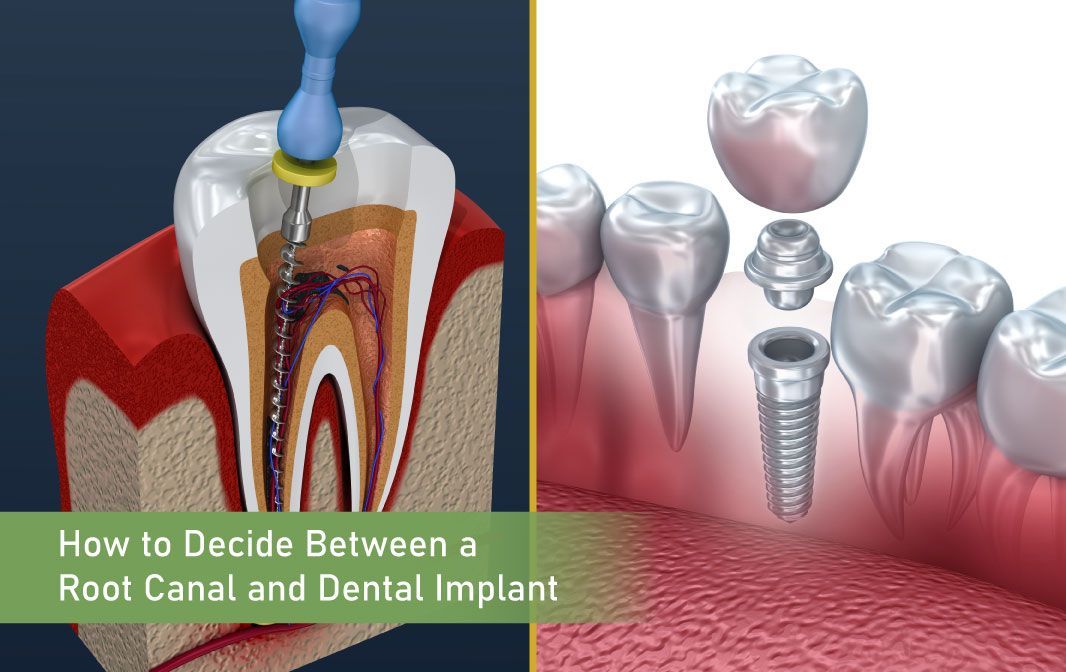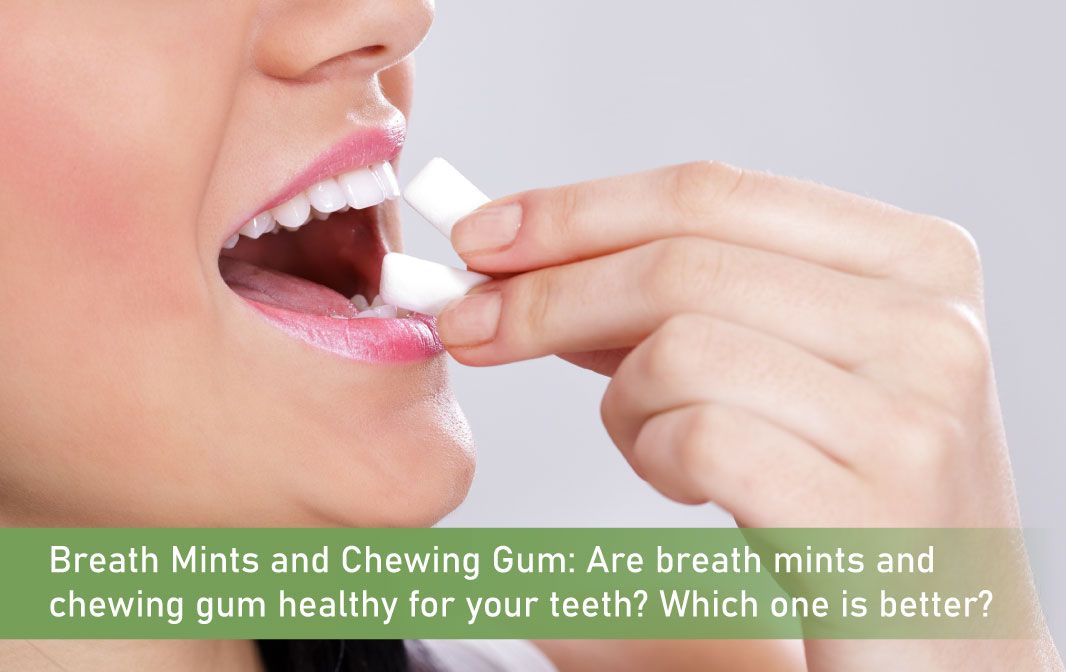The Role of Genetics in Your Oral Health | Burke Family Dentistry
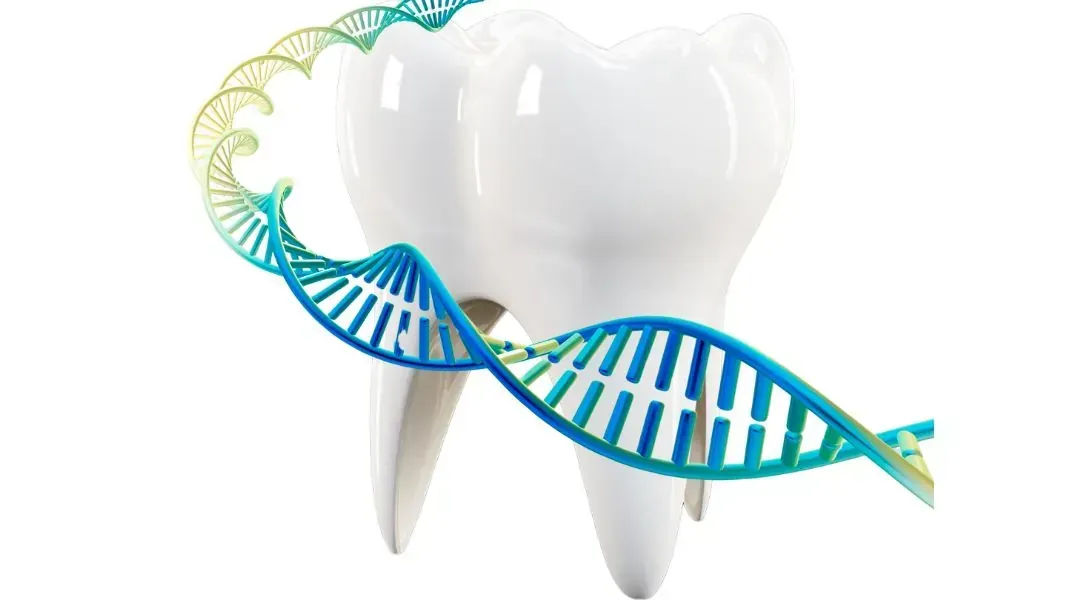
Did you know that your smile holds clues about your genes? Genetics play a major role in determining the health of your teeth and gums, influencing everything from enamel strength to your susceptibility to gum disease. But here’s the good news: while your genes might point you in a certain direction, your habits and care choices can make all the difference.
Let’s explore how genetics affect oral health, the hereditary conditions to watch for, and actionable steps to keep your smile healthy.
Genetics and Oral Health Overview
Our DNA influences so much of who we are, and oral health is no exception. Some traits influenced by genetics include:
- Tooth Structure: The thickness and hardness of your enamel.
- Jaw Shape: Which can determine whether teeth are straight or crowded.
- Saliva Quality: Which plays a role in washing away bacteria and neutralizing acids.
But don’t worry—genetics don’t tell the whole story. Diet, hygiene, and regular dental visits can significantly outweigh genetic predispositions.
Discover more about how your dental health reflects your overall wellness in What Your Oral Health Can Tell You.
The Hereditary Dental Issues You Need to Know
Tooth Decay: Is It in Your DNA?
Ever wondered why some people seem to get cavities no matter how much they brush? Genetics may be the answer! Key factors include:
- Enamel Quality: Genes can affect enamel strength, making some people’s teeth naturally more vulnerable.
- Saliva Production: If your genes reduce saliva flow, your mouth might not fight off harmful bacteria as effectively.
Pro Tip: If you’re prone to cavities, consider fluoride treatments and personalized dental care, as recommended in 5 Reasons to Get Regular Dental Exams.
Gum Disease: How Genetics Play a Role
Gum disease isn’t just about skipping flossing. Your genetic makeup could make your gums more sensitive to plaque and inflammation.
- Inflammatory Responses: Overactive immune systems might lead to more severe reactions to bacteria.
- Bone Density: Thin or weak jawbones may worsen the progression of gum disease.
Learn how to protect your gums in 3 Facts About Periodontitis.
Are Misaligned Teeth Hereditary?
Yes! If your parents or grandparents had crowded or crooked teeth, you might too. This can affect everything from how you chew to how easy it is to clean your teeth.
Considering orthodontics? Check out 4 Reasons to Get Clear Aligners for discreet and effective solutions.
Beyond Brushing: Assessing Your Genetic Risks
Knowing your family’s dental history can make a big difference in planning your care. Here’s how to get started:
- Talk to Your Family: Ask about common dental problems like cavities, gum disease, or even tooth loss.
- Consider Genetic Testing: Modern tests can reveal specific genes that may affect your oral health.
- Consult Your Dentist: Share your findings so your dentist can develop a tailored care plan.
Find out why proactive exams are essential by visiting 5 Reasons to Get Regular Dental Exams.
How to Outsmart Your Genetics
Your genes don’t have the final say! These proven strategies can help you outsmart your DNA and protect your smile:
1. Upgrade Your Oral Care Routine
- Brush twice a day for at least two minutes.
- Use fluoride toothpaste to strengthen enamel.
- Floss daily to prevent gum disease.
Upgrade your tools to optimize your brushing habits—find out if an electric toothbrush is right for you in Should I Get an Electric Toothbrush?.
2. Make Smarter Food Choices
- Cut back on sugary snacks and drinks to reduce cavity risk.
- Eat more crunchy fruits and veggies like apples and carrots—they naturally clean your teeth!
- Choose calcium-rich foods to keep enamel strong.
Explore more dietary tips for healthier teeth in 5 Good Foods for Your Teeth.
3. Embrace Specialized Products
Sensitive teeth? Weak enamel? Today’s dental care products are designed to target specific problems. Ask your dentist about:
- Prescription-strength fluoride toothpaste.
- Desensitizing mouthwashes.
- Sealants for added cavity protection.
Partnering with Your Dentist
Your dentist can provide tools and treatments that go beyond what you can do at home. Here’s what to expect:
- Early Detection: Routine check-ups can catch genetic issues like enamel defects before they become a problem.
- Personalized Care Plans: Your dentist can tailor preventive treatments, such as fluoride applications or dental sealants, to your needs.
- Cutting-Edge Solutions: Genetic testing and 3D imaging allow dentists to create care plans for even complex hereditary concerns.
Learn more about tailored care options in General Dentistry Services.
Fascinating Genetic Facts About Teeth
Did You Know?
- The shape and number of your teeth are largely inherited. If your mom had a missing molar, you might too!
- Twins often have nearly identical dental problems, proving the strong link between genetics and oral health.
- Certain genes, like IL-1, can make gum inflammation worse, leading to more severe gum disease in some people.
FAQs
Q1: Can genetics influence how quickly teeth decay?
A:
Yes, genetics can affect factors like enamel strength and saliva production, both of which impact decay rates.
Q2: Is flossing still important if my family has healthy teeth?
A:
Absolutely! Even if you’re genetically blessed with strong teeth, good oral hygiene is essential for maintaining them.
Q3: Are there genetic tests specifically for oral health?
A:
While still emerging, some tests focus on genes related to gum disease and other conditions. Ask your dentist for recommendations.

